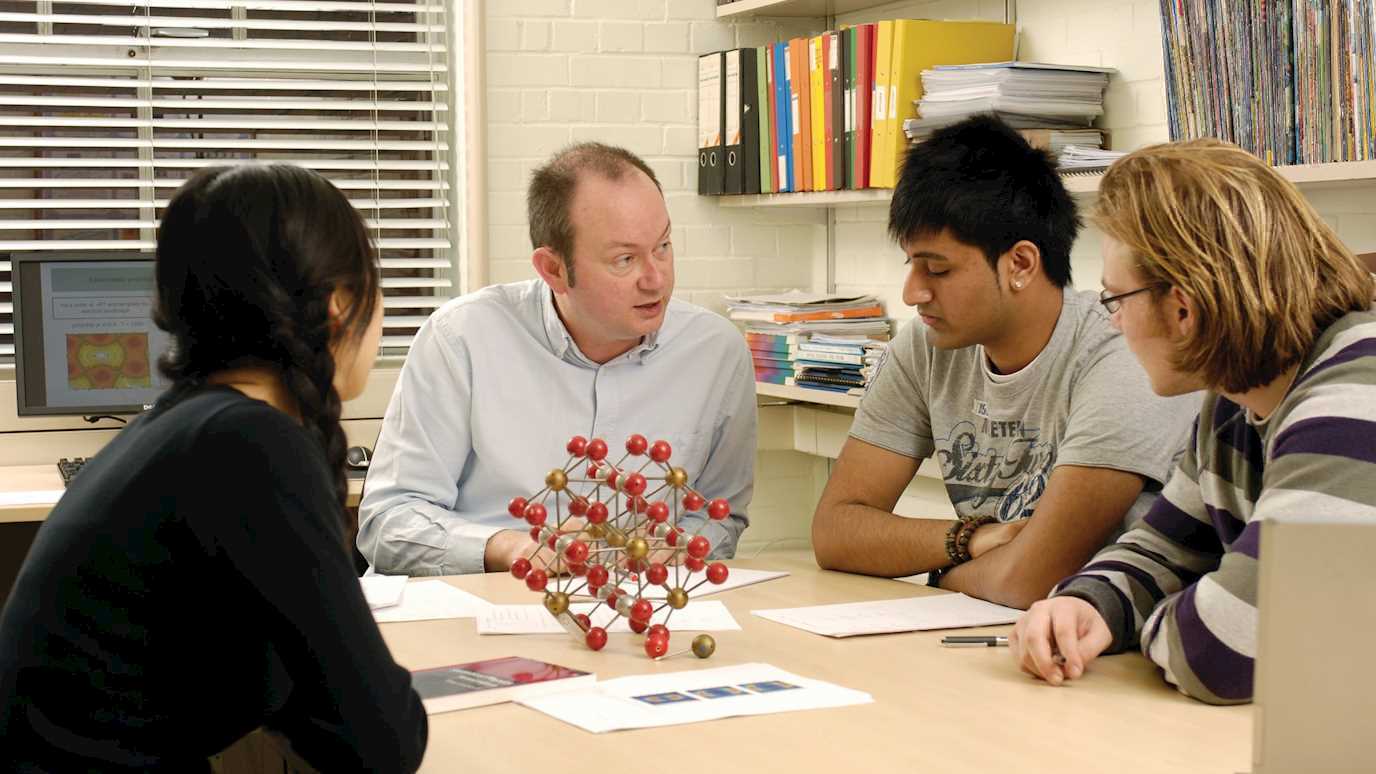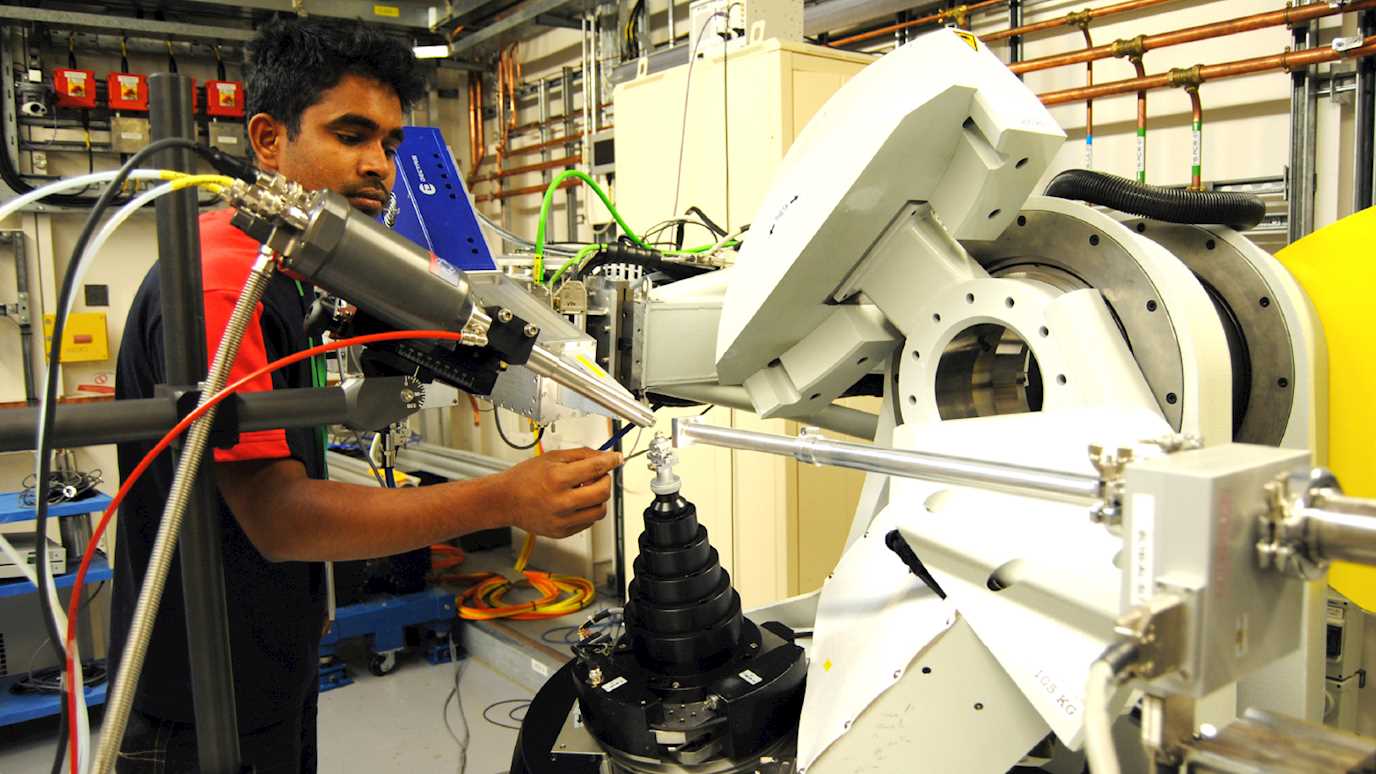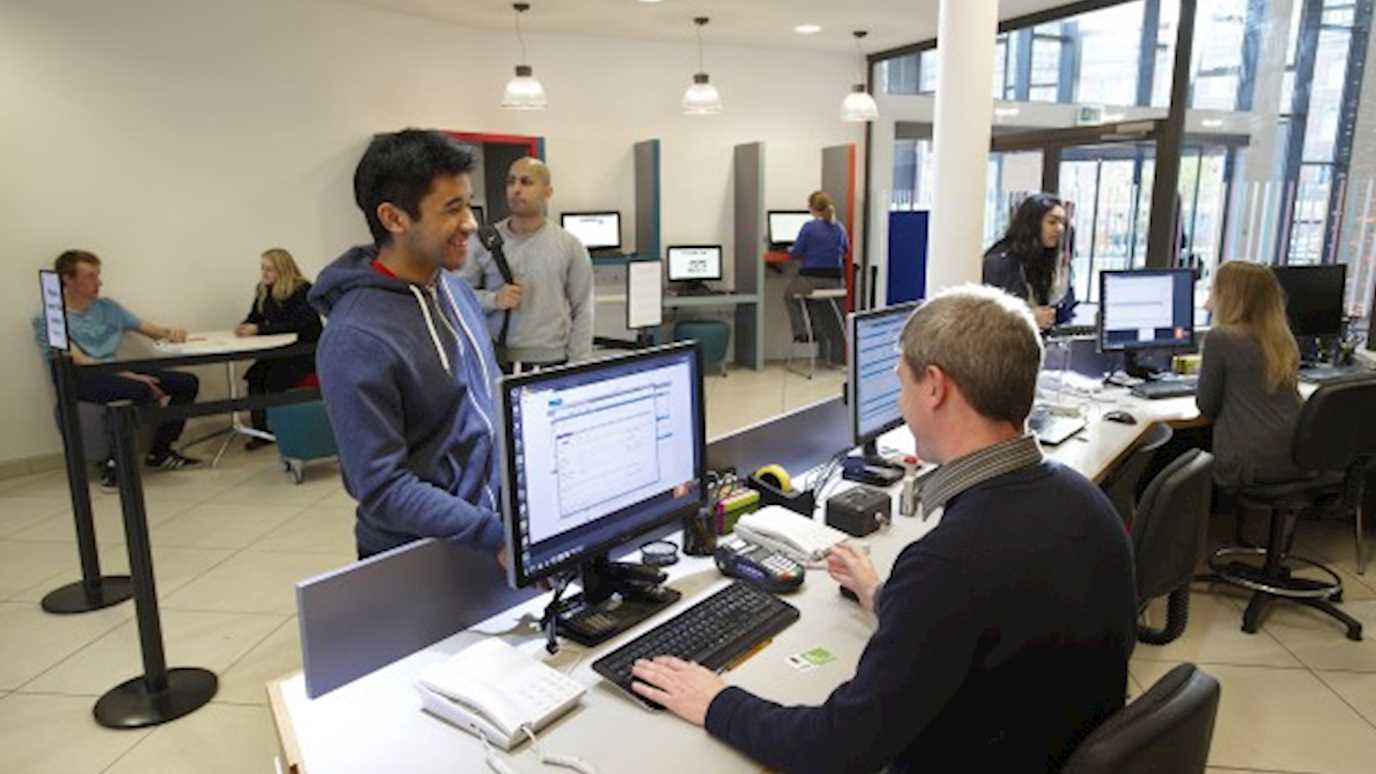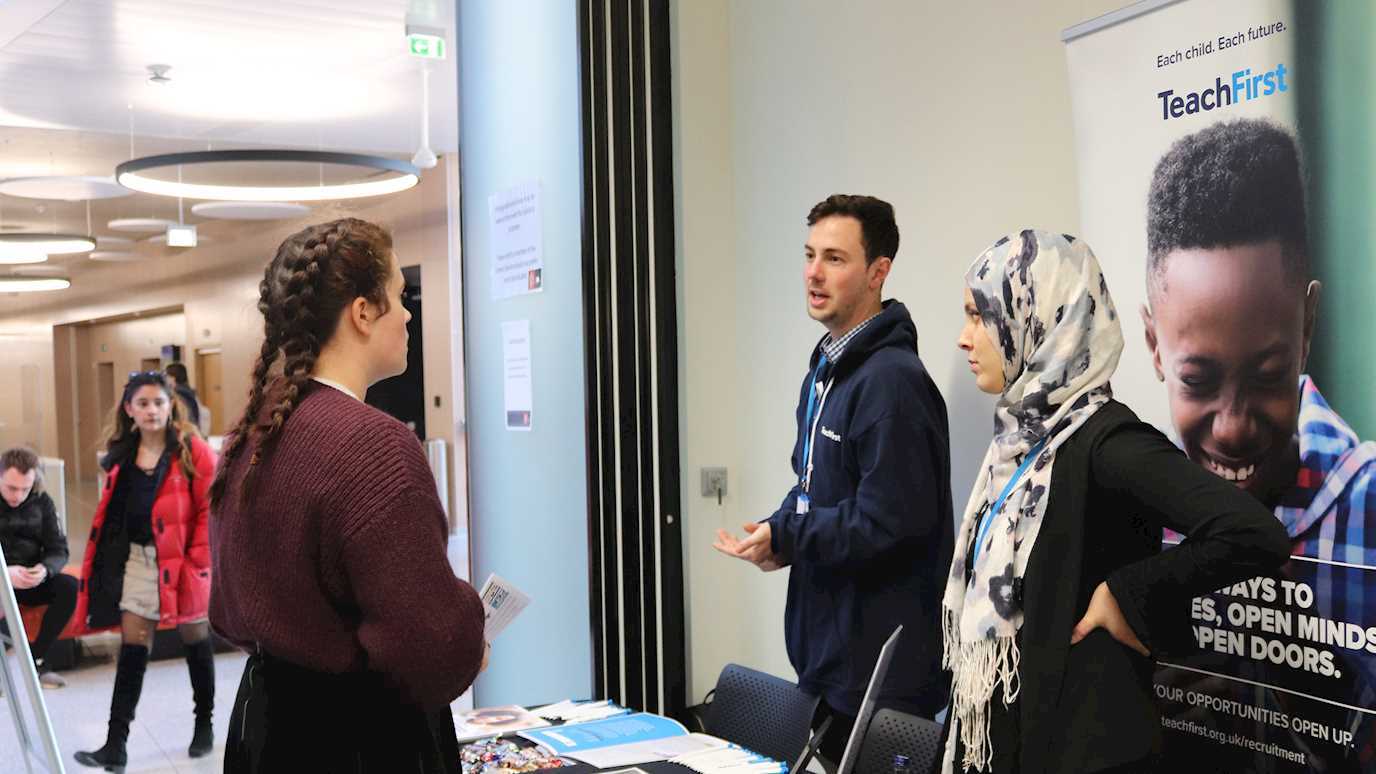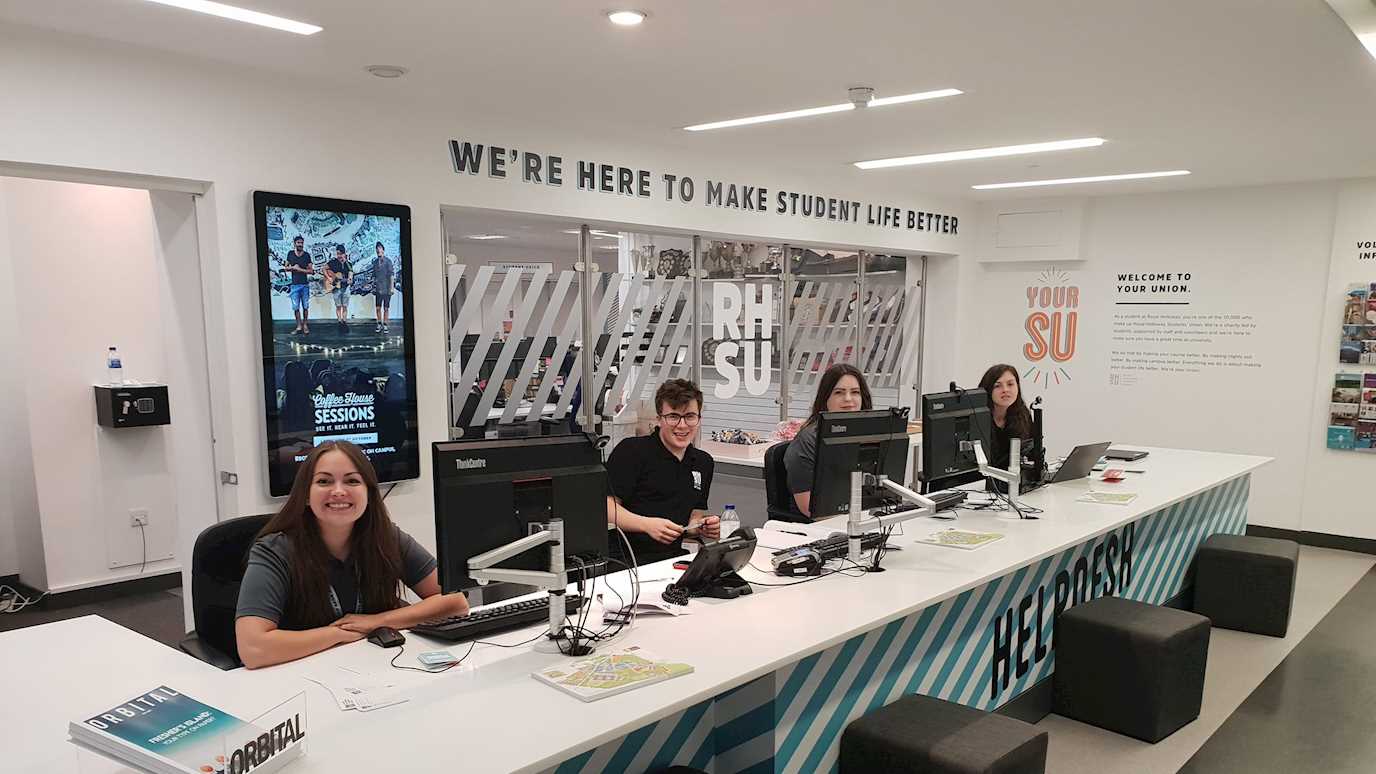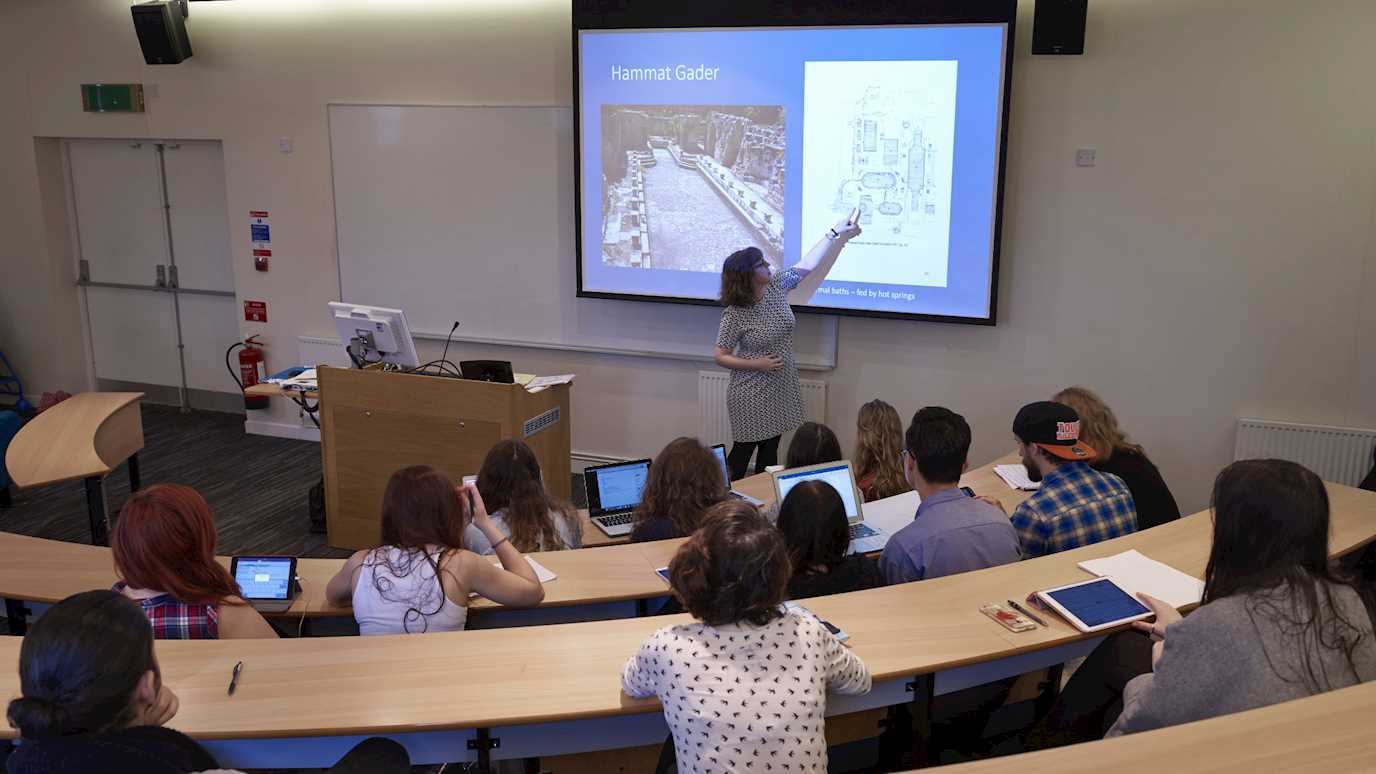We believe our students are entitled to a world-class learning experience that helps them to thrive and respects diversity.
At Royal Holloway, we are committed to developing an 'inclusive by design' approach to the way we design and deliver our courses. As a community, we are working to develop our educational practices and approaches to support all our students to grow and succeed.
Here are just a few examples of the ways we are shaping an inclusive learning and education environment for our students.
Targeting student learning needs
Our Classics department recently launched the MINOTAUR (Mental Illness and Neurodiversity Academic Support) project. Led by Dr Liz Gloyn, Dr Emilio Zucchetti and Dr Zena Kamash, the initiative involves working closely with students living with neurodivergence and mental illness to design meaningful interventions that support their individual learning needs.
Supporting diversity of thought
Politics and International Relations students under the guidance of Dr Kaat Smets used an experimental online discussion system called Potluck to actively participate in discussions and express their views without social influence. Designed by Dr Emma Lieu during her PhD at Royal Holloway, Potluck, uses machine learning to support the inclusion and appreciation of different perspectives in the classroom.
Co-designing modules with students
Psychology students had the opportunity to co-design the Psychology of Equality, Diversity, and Inclusion (EDI) module in their final year under the guidance of Dr James Ravenhill. The module employed inclusive pedagogies to explore how a range of EDI issues affect certain groups of people, giving students the confidence to discuss and act on the inequalities they see and/or experience themselves.
Celebrating diverse literature and multilingualism
Our English department students were offered the opportunity to study a range of literature written in a wealth of vernaculars, from Jamaican Patois to Spanglish and Polari. Led by Dr Karina Likorish Quinn, the final year option module in Vernacular Literature allowed students to write their final assessments in their vernacular of choice. With many students opting to write in vernaculars within which they were raised, often drawing on their own multilingualism or regional dialects.
Inclusive economics and social impact
Our inclusive MSc in Economics has been designed to cover a wide range of economic theories, methodologies, and applications. It includes diverse perspectives from different schools of economic thought, regions, and cultures, ensuring students are exposed to a comprehensive understanding of economic principles. Students are invited to explore ethics and the impacts of policies on different social groups and marginalised communities, as well as policies that help reduce inequalities and promote social justice.










